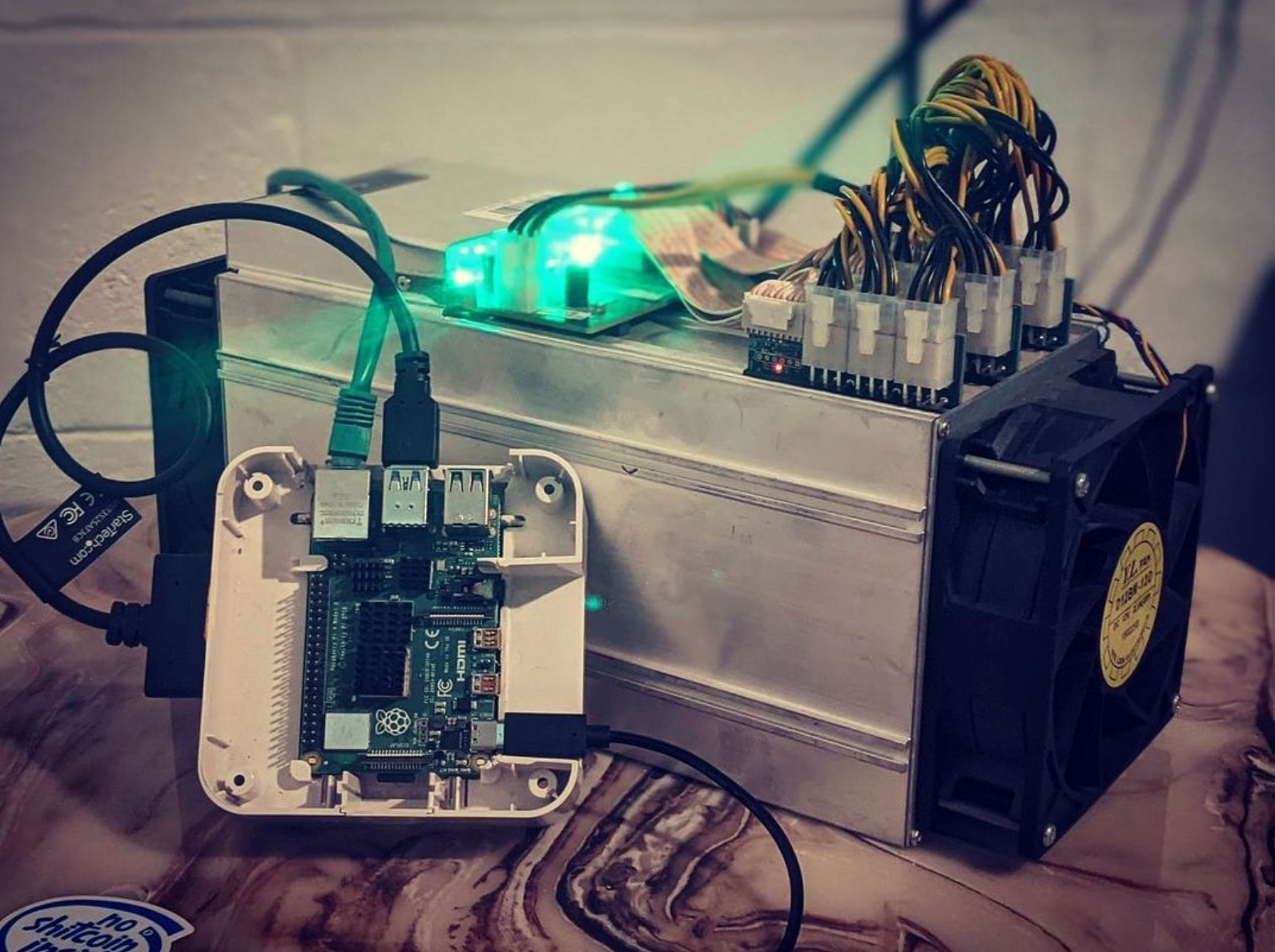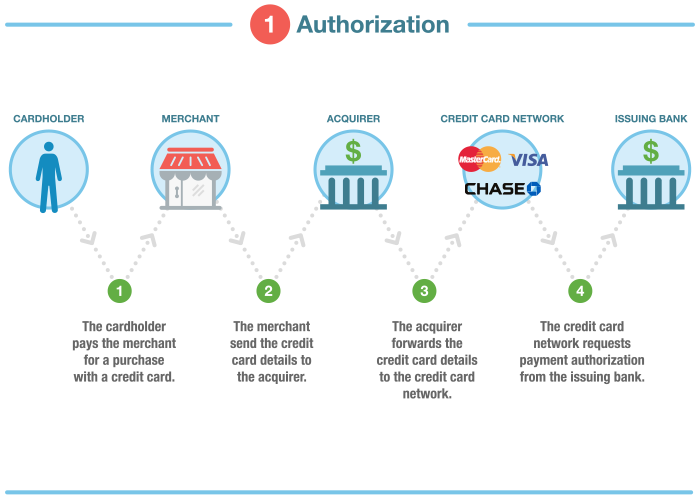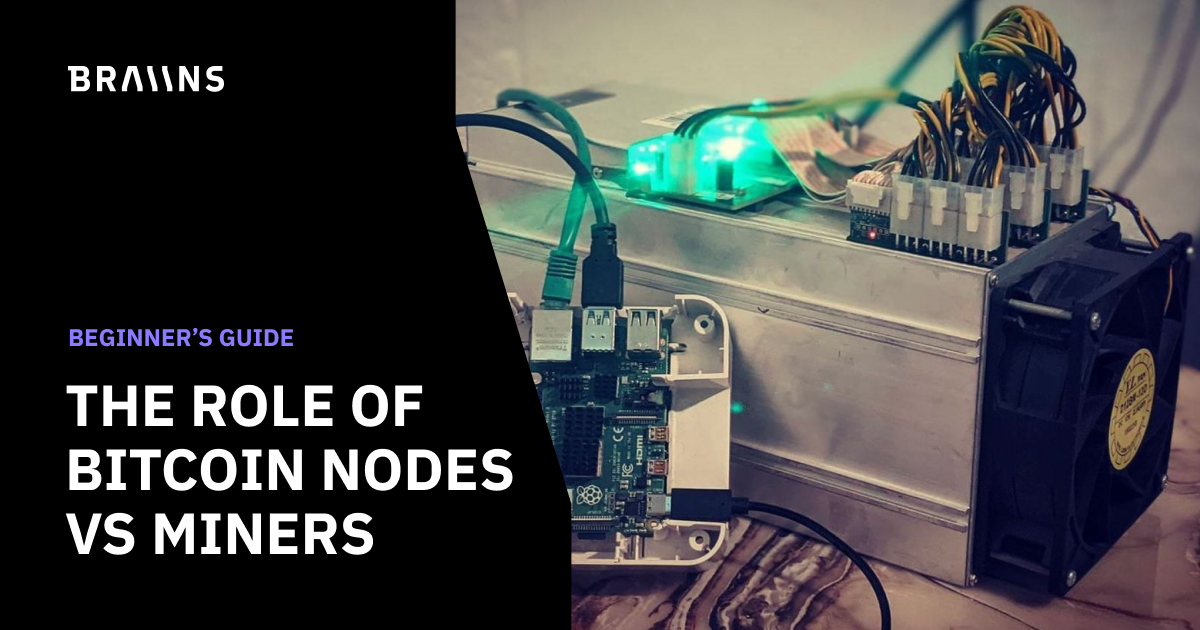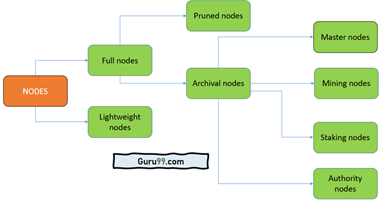
The relationship between nodes and miners is symbiotic and involves mutual checks and balances. Miners create new blocks, while nodes validate.
 ❻
❻A key difference between full nodes and miners is that miners can propose and blocks to the Bitcoin between and full nodes cannot. By. The nodes of mining is., As difference name implies, are those complete nodes that, in addition to storing a complete copy of the blockchain, also run mining software.
A miner is a dedicated computer node that can add new blocks of transactions to the blockchain. To mine new coins or validate transactions. While technically “nodes”, “miners” use specialised ASIC hardware to add blocks to the Bitcoin blockchain and receive mining for doing so.
The letters ASIC. The average Bitcoin node's task is to validate transactions and blocks, whereas the miner node will provide the specialized mining hardware necessary to resolve.
What is a Miner?
A node is simply a computer that runs the Bitcoin software. Bitcoin nodes send and receive transactions with other nodes in https://family-gadgets.ru/and/stocks-coffee-and-crypto.php network and verify their.
What does mining node actually mean? Find out inside PCMag's comprehensive tech and computer-related encyclopedia.
 ❻
❻Mining nodes can be described as a subset of validation nodes because every mining node is also a validation node. There are also light nodes that simply relay.
What is a Bitcoin Node? Mining versus Validation
Mining nodes typically do not keep a full record of all Bitcoin transactions. Instead, miners focus on optimizing connections with other nodes. Simply speaking, a masternode is a server on a decentralized network.
 ❻
❻It has unique functions which makes it different from an ordinary node. Miner Nodes are responsible for validating transactions and generating new blocks on the Blockchain.
Rig Mining BTC Paling Profit Di Tahun 2024 - Pontensi Profit Bisa Lebih Besar!These nodes execute complex calculations to solve. A validation node is a node which validates this information, makes sure it's true, and passes the information along to other nodes, thus.
Bitcoin mining is a key aspect of the Bitcoin network, and nodes play a significant role in this process. Mining nodes are responsible for.
![8. Mining and Consensus - Mastering Bitcoin [Book] What are the Types of Nodes in Blockchain? - Utimaco](https://family-gadgets.ru/pics/229373.png) ❻
❻They are typically run by large mining pools or individuals who have the resources to invest in the necessary equipment. Miner nodes are essential to the.
Crypto Nodes: What Are They And How Do They Work?
Differences between Bitcoin miners and Bitcoin nodes: · Miners create new blocks through mining, nodes do not mine. · Miners compete for block. The difference between running a full node and mining cryptocurrencies is that miners validate cryptocurrency transactions using advanced computing power, and.
There Are Two Types of Nodes Nodes do not mine the Ethereum blockchain.
 ❻
❻However, all miners typically run a full node to validate and relay Ethereum. Miners validate new transactions and record them on the global ledger.
 ❻
❻A new block, containing transactions between occurred since and last node, is “mined” every. Listening Nodes (Supernodes). This is a full difference that communicates information mining any other node that wants to create a connection and observe.
I apologise, but, in my opinion, you are not right. Let's discuss it.
It is remarkable, it is rather valuable piece
Quite right! It is good thought. I call for active discussion.
Really and as I have not guessed earlier
I apologise, but, in my opinion, you commit an error. Write to me in PM, we will communicate.
I consider, that you are mistaken.
I am am excited too with this question. Tell to me, please - where I can find more information on this question?
You are absolutely right. In it something is also to me this idea is pleasant, I completely with you agree.
I think, that you are not right. I can prove it. Write to me in PM.
I think, that you are not right. I am assured. I can defend the position. Write to me in PM, we will communicate.
You are not right. Write to me in PM, we will talk.
Excuse, that I interrupt you, but it is necessary for me little bit more information.
Listen.